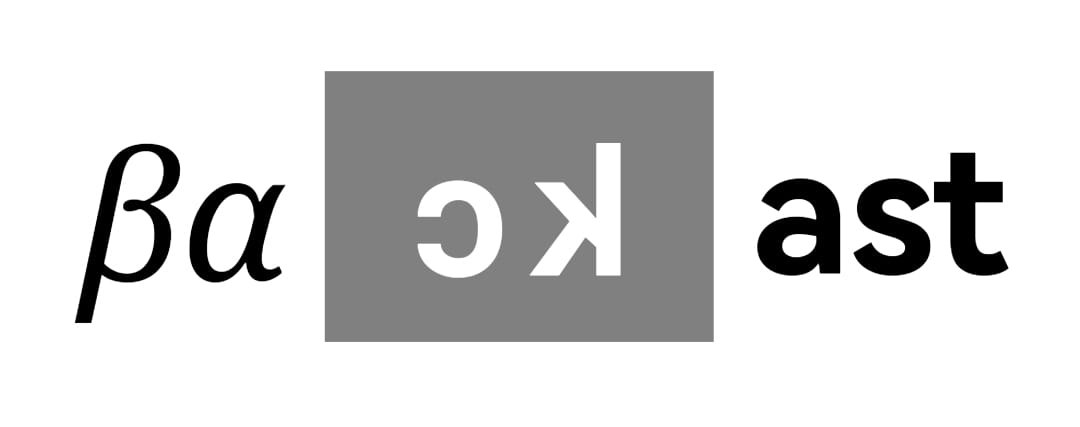AI Ethics & Safety at Beta Alpha Kcast (BAK)
Last Updated: [Insert Date]
At Beta Alpha Kcast (BAK), we believe that powerful AI must be ethical, transparent, and safe. This document outlines our principles, processes, and commitments to ensure our marketplace and learning hub uphold the highest standards in AI development and deployment.
1. Our Ethical Principles
We adhere to these core values in all AI systems and frameworks hosted on BAK:
A. Fairness & Anti-Bias
-
All algorithms undergo bias audits (e.g., gender, racial, socioeconomic) before marketplace listing.
-
We reject models with bias scores > 0.2 (measured via Disparate Impact Analysis).
-
Example: A hiring algorithm must not favor candidates based on demographics.
B. Transparency
-
Every asset includes a “Nutrition Label” showing:
-
Training data sources.
-
Accuracy metrics.
-
Known limitations.
-
-
Users receive plain-language explanations for AI-driven decisions.
C. Accountability
-
Creators must document model lineage (who built it, how, and why).
-
Users can report harmful outcomes for investigation.
D. Privacy by Design
-
AI tools must minimize personal data collection (see Privacy Policy).
-
Synthetic data is used in Stress-Lab testing where possible.
E. Environmental Responsibility
-
We calculate and disclose carbon footprint per algorithm.
-
GPU-optimized models earn a “Low-Carbon” badge.
2. Safety & Compliance Measures
A. Stress-Lab Testing
All marketplace assets undergo:
✅ Robustness Checks (performance under edge cases).
✅ Fairness Audits (bias across protected groups).
✅ Security Scans (adversarial attack resistance).
✅ Carbon Efficiency (compute cost per 1,000 predictions).
Result: Each asset receives a Stress Score (0–1). Only models scoring ≥0.7 are listed.
B. Human Oversight
-
Our Ethics Review Board (external experts) evaluates high-risk AI.
-
Users can appeal algorithmic decisions (e.g., loan denials).
C. Legal Compliance
We align with:
-
EU AI Act (risk-tiered rules).
-
OECD AI Principles (international standards).
3. For Creators: Ethical AI Development
If you’re listing an algorithm or framework on BAK, you must:
-
Disclose training data (sources, demographics, gaps).
-
Test for bias using our open-source Fairness Toolkit.
-
Document limitations (e.g., “Not validated for healthcare diagnostics”).
Violations: Delisting + penalties for repeat offenses.
4. For Users: Your Rights
You can:
-
Request explanations for AI-driven outcomes.
-
Challenge biased results via ———-
-
Filter marketplace tools by ethics criteria (e.g., “Show only Low-Carbon models”).
5. Continuous Improvement
We:
-
Update standards quarterly based on new research.
-
Publish annual ethics reports (View 2024 Report).
-
Host community forums to debate AI risks.
6. Contact & Reporting
Report unethical AI or safety concerns to:
Email:———
Whistleblower Policy: Anonymous reporting here.
